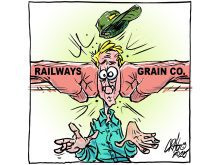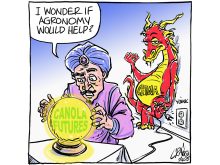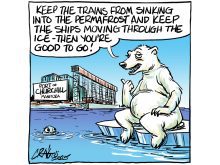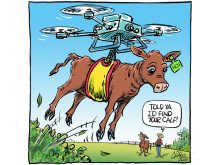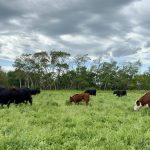As Canada prepares for the worst when it comes to trade with the United States, forging stronger trading relationships with alternative markets is a top priority.
Farmers should take their fate in their own hands and ask their producer groups and associations to become more active on market access initiatives.
Follow all our coverage of the tariffs situation here
Read Also
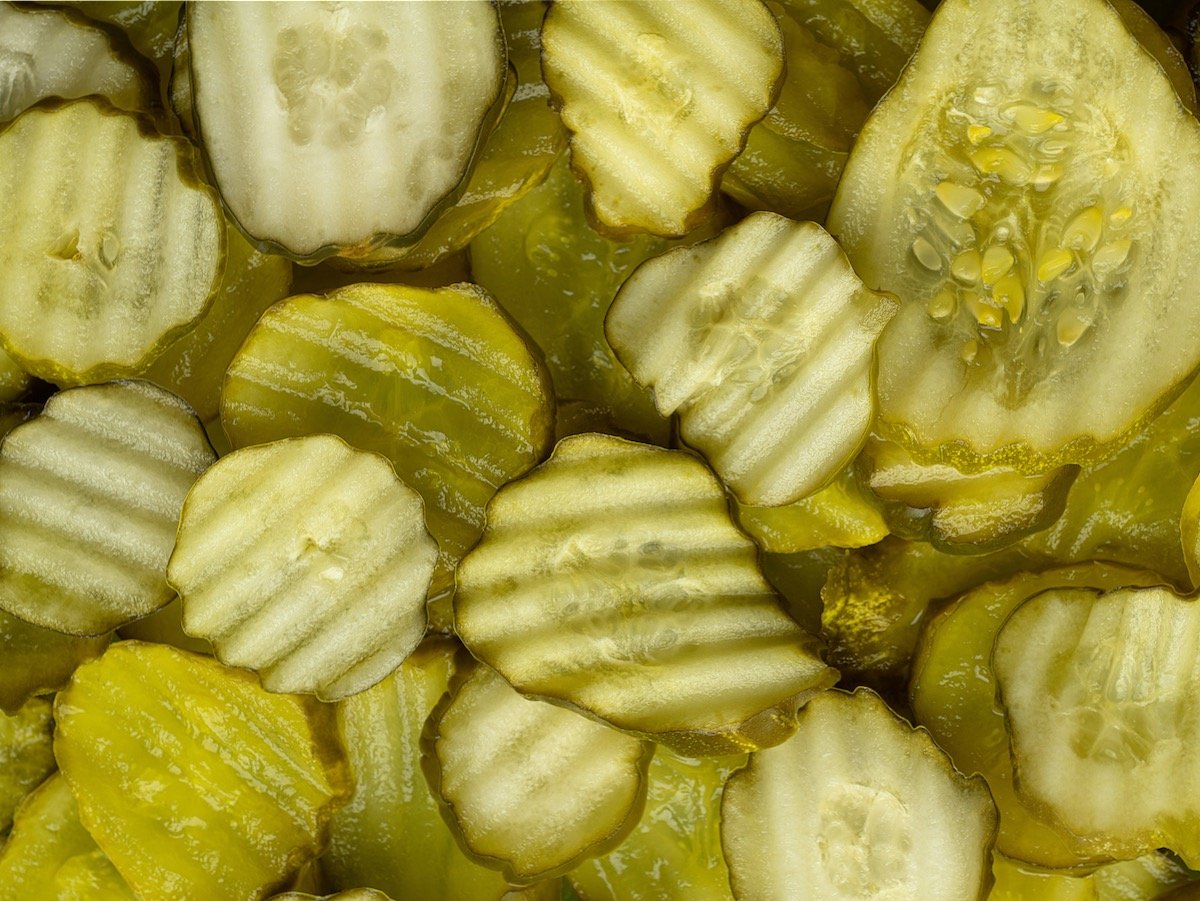
How counter-tariff policy cans Canadian choice
The unavailability of the storied Canadian pickle brand Bick’s, now processed and jarred in the U.S., shows how well-intentioned counter-tariff policy can turn sour on Canada’s consumers and cucumber growers.
This is because maintaining the attention of policy makers will be difficult for the foreseeable future as they scramble to adjust to a new world order where our strongest strategic ally has turned into our biggest threat.
For instance, the United States and Russia are in talks over possible co-operation on energy projects in the Arctic, and it’s doubtful either country cares about Canadian territorial claims in the region.
Canada must pivot quickly to increase its hard power, including a military deterrence, just as the European Union has.
Canada is a world leader when it comes to soft power; its foreign policy uses non-coercive strategies including the support of international institutions and multilateral trade agreements to enact change.
However, the relevance of soft power has been waning even before Russia invaded Ukraine.
The U.S, China and India increasingly use their economic clout to pressure smaller countries into subjection, causing middle powers such as Canada to become less effectual.
After years of neglect, Canadian resources will be strained to meet the hard-power demands of the times.
Producer groups and associations are well positioned to take on a larger role in market access initiatives that can also support Canada’s strategic goals.
The Comprehensive and Progressive Agreement for Trans-Pacific Partnership remains an important achievement that can help increase Canadian agricultural exports.
Canada also opened its Indo-Pacific Agriculture and Agri-Food Office in Manila, Philippines, a year ago, and this facility has the potential to be an important staging point for the industry.
The federal government has laid the groundwork to improve trade in the Indo-Pacific, and it’s now time for representatives from the grain, oilseed and livestock sectors to beat a path through this new office to drum up business for Canadian farmers.
Uncertain market access is the most significant threat farmers now face, so investing check-off dollars to create market advantages for Canadian producers is prudent.
This can take the form of more Team Canada trade missions in emerging markets.
More growers could now get behind the $100 million facility in downtown Winnipeg called the Global Agriculture Technology Exchange that will support Cereals Canada’s New Wheat Crop Trade and Technical Missions.
More resources for the Canola Council of Canada’s market access work is also a good idea because it is not certain that canola oil and meal will continue to flow south of the border.
This may also be a good time for members of the Canadian Cattle Association to divert more funds for the organization’s market access work, including the removal of technical barriers to Canadian beef exports.
Providing the technical support for buyers of Canadian agri-food products is a soft-power advantage that farmers here have over most other regions.
It is not time for Canada to give up on soft power, but it is time for farmers to take the reins.
Being a reliable supplier of safe food is itself a soft power that can help open doors and improve relationships in a world where friends are increasingly hard to come by.
Karen Briere, Bruce Dyck, Robin Booker, Paul Yanko and Laura Rance collaborate in the writing of Western Producer editorials.



